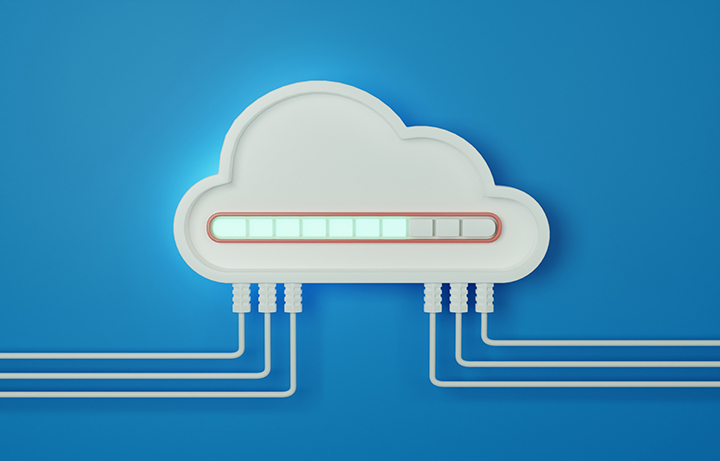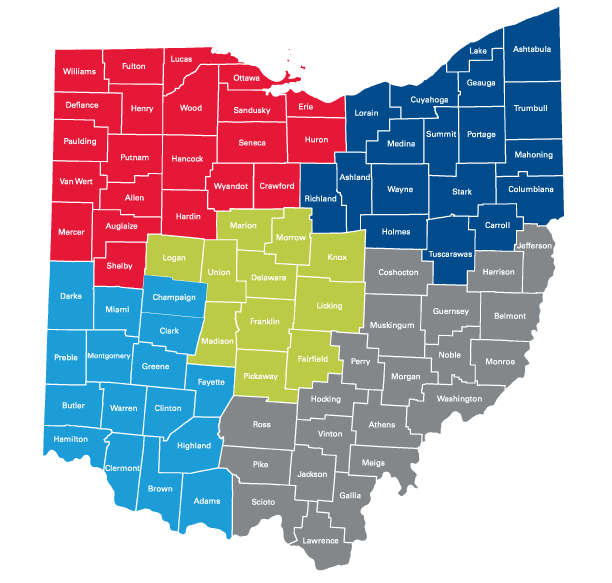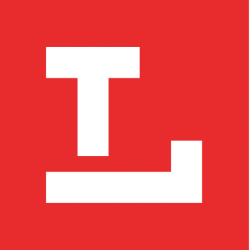
DIGITAL EQUITY AND INCLUSION
Since 1986, the Toledo Lucas County Public Library has been a pioneer in technology access, opening one of the first microcomputer labs in the state. By 1996, we ensured reliable internet access was available at all of our locations, reaffirming our commitment to connecting the community. Our dedication to bridging the digital divide remains strong. Today, two of our six strategic priorities focus on expanding technology access and enhancing digital skills across our neighborhoods. To achieve these goals, we will continue delivering high-quality tech services while advocating for inclusive technology access throughout Lucas County.
- Digital connectivity
- Digital literacy and capacity building
- Device accessibility
- Community network building
Actual Reality Technologies, Bowling Green State University Center for Regional Development, Cherry Street Mission, City of Toledo, Communications Workers of America, Goodwill Industries, Imagination Station, LISC Toledo, Lucas County Commissioners, Lucas County Department of Planning and Development, Lucas County Family and Children First Council, Lucas County Job and Family Services, Lucas Metropolitan Housing, Mercy Health, Nationwide Children’s Hospital, Office of Representative Marcy Kaptur, Office of Senator JD Vance, Office of Senator Sherrod Brown, Ohio AFL-CIO, Owens Community College, Premier Bank, ProMedica, Senior Centers Inc., The Arts Commission, The Junction Coalition, Toledo City Council, Toledo Design Collective, Toledo Lucas County Public Library, Toledo Metroparks, Toledo Public Schools, Toledo Tomorrow
- Toledo/Lucas County Listening Session
- Bowling Green/Wood County Listening Session
- Findlay/Hancock County Listening Session
- Bucyrus/Crawford County Listening Session
- Archbold/Fulton County Listening Session
- Defiance/Defiance County Listening Session
- Clyde/Sandusky County Listening Session
- Paulding/Paulding County Listening Session
- Ottawa County Listening Session

The Northwest Ohio Regional Digital Inclusion Alliance Report was completed in October 2023. Community members and local organizations are free to utilize this information to advocate for greater connectivity and access to digital resources in our neighborhoods all across Northwest Ohio.
Sharpen or learn a new computer skill, for free, at your local Library. Need to create an email account? Operate Google Sheets? Or up your social media skills? Learn more here.
- Receive 40% off based on use of social benefits, like a SNAP card, WIC card, or Medicaid card (the Library accepts a wide range of proof!)
- Receive 10-80% off based on household income and number of dependents with an official 1040 U.S. individual income tax return.
- Only one device can be purchased per transaction.
- a copy of your most recent 1040 form, or
- a copy of your Ohio IT 1040, or
- an IRS verification of non-filing letter (if you do not have to file federal taxes).
- a current SNAP card or WIC card,
- proof you are currently receiving:
- TANF
- PFCC
- housing voucher
- refugee cash assistance
- unemployment benefits
- foster care and adoption assistance
- or disability/disability assistance
- proof that you are currently enrolled in Ohio Medicaid or JFS LEAP, or
- proof that you are currently participating in the Kinship Program
- driver’s license,
- state ID,
- a mailed utility bill, or
- a letter showing residency at a Lucas County housing shelter.
Join the Greater Toledo Digital Equity Coalition or submit a community tech/broadband resource by completing the form(s) below.

